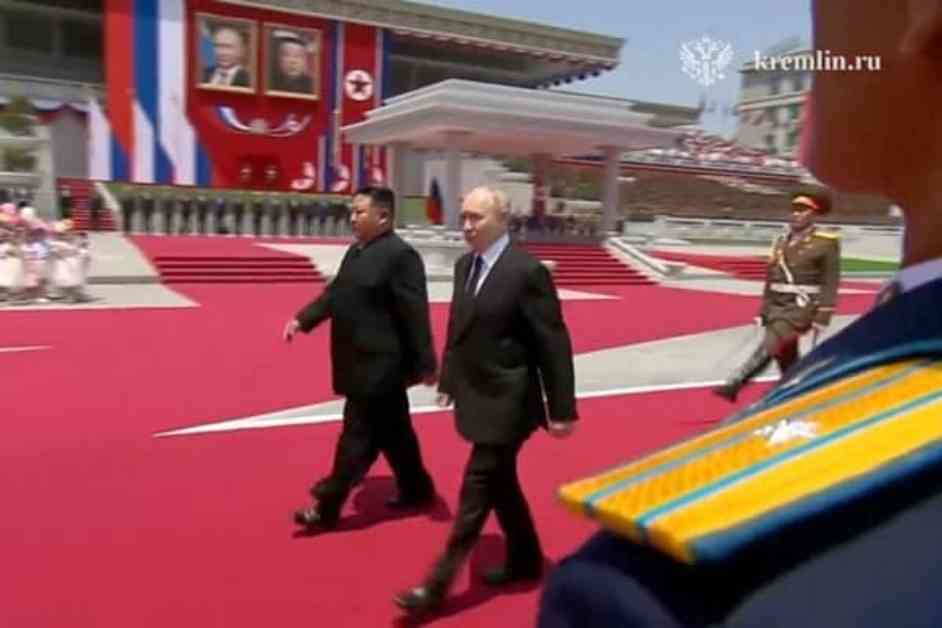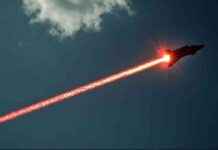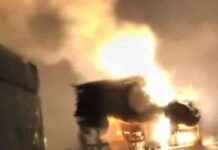**North Korea Using Russian Military Equipment to Wage War**
The United States has issued a stark warning regarding North Korea’s increasing military capabilities, fueled by the acquisition of Russian military equipment. Deputy US Ambassador Dorothy Camille Shea informed the UN Security Council that North Korean troops are gaining valuable battlefield experience, posing a significant threat to neighboring countries such as South Korea and Japan. This alarming development comes on the heels of North Korea’s recent launch of an intermediate range hypersonic ballistic missile, further highlighting the country’s aggressive military posture.
North Korea’s Growing Arsenal
According to Shea, North Korea has been actively receiving Russian military equipment, technology, and training, significantly enhancing its ability to wage war against its neighbors. This strategic partnership has enabled North Korea to bolster its military capabilities, posing a serious concern to regional stability. The US has expressed concerns that North Korea may exploit these advancements to increase weapons sales and expand its military influence globally.
Escalating Tensions in Ukraine
The situation is further complicated by North Korea’s involvement in the conflict in Ukraine, where over 12,000 North Korean troops are reportedly fighting alongside Russian forces. President Volodymyr Zelensky of Ukraine recently announced the capture of two wounded North Korean soldiers in the Kursk region. Zelensky emphasized the importance of shedding light on the truth of their involvement in the conflict, highlighting the need for transparency and accountability in the face of escalating tensions.
The Human Cost of Conflict
The capture of these North Korean soldiers sheds light on the human toll of war, with more than 1,000 North Korean troops killed or wounded in the Kursk region alone. Zelensky’s assertion that these soldiers are receiving necessary medical assistance underscores the humanitarian imperative of caring for all individuals impacted by conflict, regardless of their nationality. The involvement of South Korean intelligence and translators in communication with the prisoners reflects a collaborative effort to ensure their well-being and facilitate dialogue in the midst of geopolitical tensions.
In a complex geopolitical landscape marked by military alliances and power struggles, the plight of individual soldiers caught in the crossfire serves as a poignant reminder of the human cost of conflict. As the world grapples with the implications of North Korea’s military advancements and their impact on regional security, the focus remains on promoting peace, dialogue, and accountability in the pursuit of a more stable and secure future for all nations involved.




